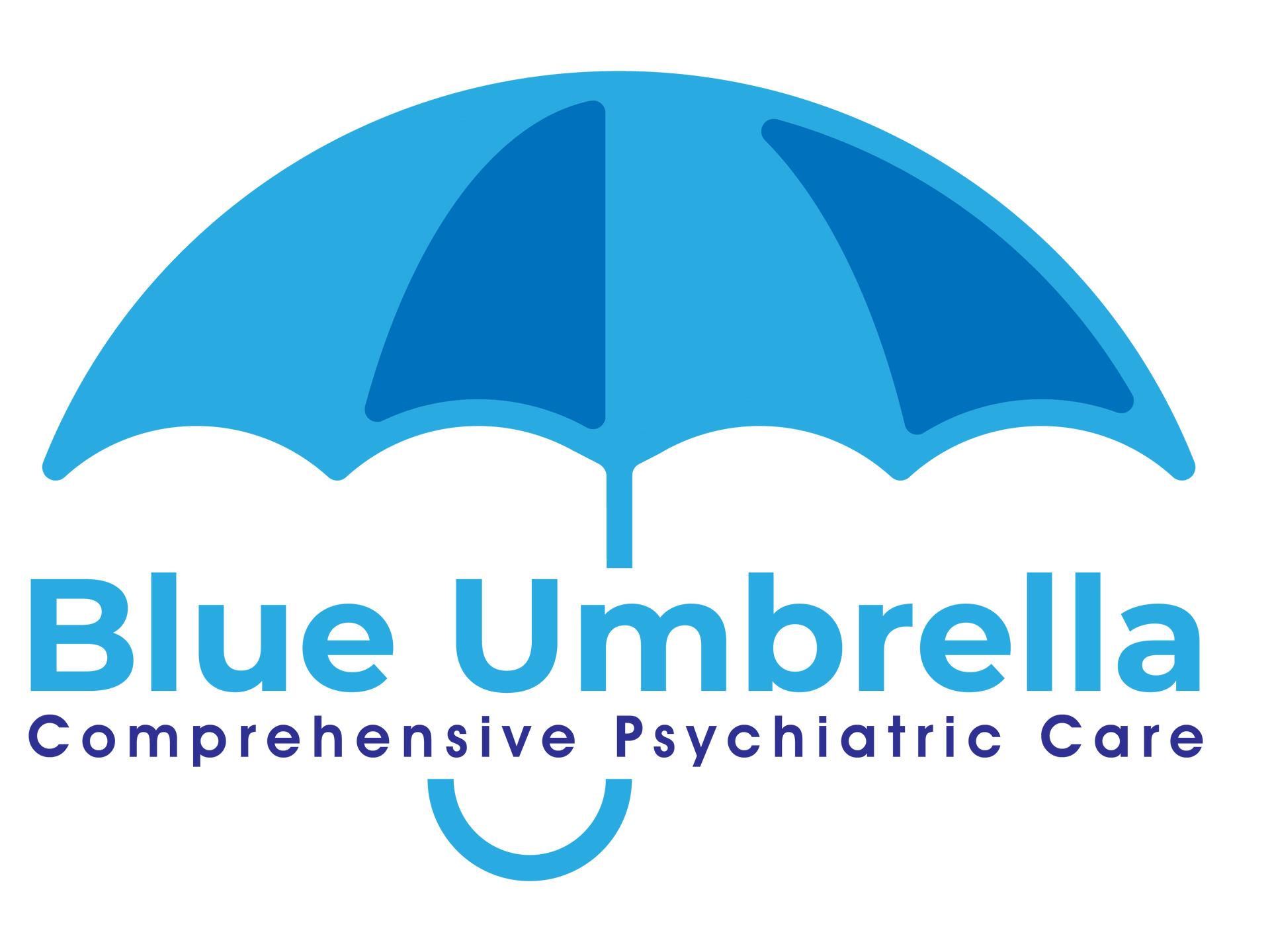Today, we're delving deeper into a topic that's both crucial and resonates with many families worldwide: adolescent mood disorders. Remember those tumultuous teenage years? The emotional rollercoasters, the quest for identity, and the challenges of growing up? Let's unpack this phase and shed light on the mood disorders that can sometimes be part of the journey.
What Exactly are Adolescent Mood Disorders?
At their core, mood disorders are emotional disturbances that significantly impact one's ability to function in daily life. When these manifest during the teenage years, they're termed adolescent mood disorders. The most commonly discussed ones include depression and bipolar disorder, but there's a spectrum to consider.
The Teenage Terrain: Why Adolescents?
The teenage phase is a whirlwind of change – physically, mentally, and socially. Factors contributing to mood fluctuations include:
- Hormonal Changes: Puberty brings about a surge of hormones, which can affect mood.
- Peer Pressure: The need to fit in and be accepted can be overwhelming.
- Academic Expectations: The pressure to perform and make career decisions can weigh heavily on young minds.
- Self-Discovery: Finding one's place in the world is both exciting and daunting.
While mood swings are a hallmark of adolescence, mood disorders go beyond the occasional emotional ebb and flow.
Deciphering the Signs
Teenage behavior can be unpredictable, but how do we differentiate between typical teenage blues and a potential mood disorder? Here are some extended signs:
- Persistent Sadness: A gloomy mood that lingers for weeks might be more than just teenage angst.
- Changes in Sleep Patterns: Both oversleeping or insomnia can be red flags.
- Loss of Interest: A sudden disinterest in hobbies, friends, or activities they once enjoyed can be concerning.
- Extreme Mood Swings: Rapid shifts from extreme elation to deep sadness might indicate bipolar disorder.
- Withdrawal: If they're increasingly isolating themselves, it's a sign to pay attention to.
- Changes in Academic Performance: A sudden drop in grades or lack of interest in school can be indicative.
Navigating the Path: Supporting Teens
If you're concerned about a teenager's mental well-being:
1. Open a Dialogue: Initiate a conversation, ensuring they feel safe and not judged.
2. Seek Professional Help: Therapists, counselors, and psychiatrists can offer guidance and treatment options.
3. Educate Yourself & Others: Understanding mood disorders helps in offering the right support. Share your knowledge with other caregivers or friends.
4. Stay Patient & Present: Their feelings are real, even if they might seem exaggerated. Your patience can be their anchor.
5. Encourage Social Connections: While respecting their need for space, also encourage them to maintain connections with friends or join support groups.
The Silver Lining
With timely intervention and the right support system, many adolescents can navigate mood disorders and lead fulfilling lives. Recognizing the signs early and approaching the situation with empathy can change the trajectory for a young individual.
In wrapping up, the teenage years, while challenging, are also filled with potential, growth, and resilience. By staying informed, compassionate, and proactive, we can guide our young ones through these turbulent waters, ensuring they reach the shores of adulthood with confidence and good mental health.
Sending warmth, understanding, and strength to all families navigating this journey.













